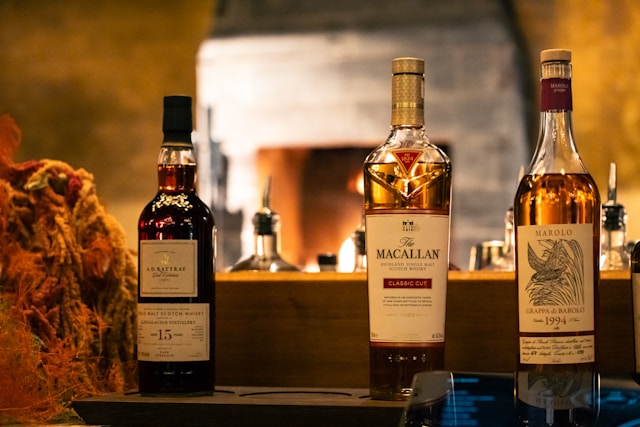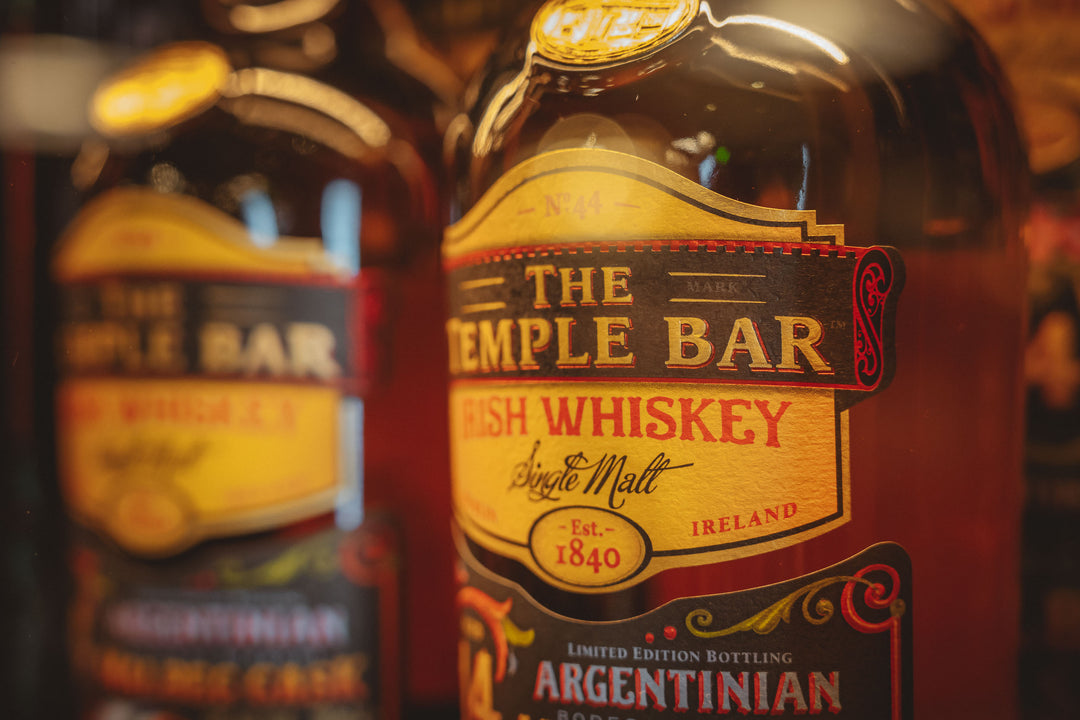The Importance of Water in Whiskey Production
When we talk about what makes a great whiskey, ingredients like grains, yeast, and barrels usually take the spotlight. But there’s another crucial component that often flies under the radar: water. It might seem like a simple ingredient, but in whiskey production, water is anything but ordinary.
Water: The Unsung Hero
Water plays a vital role at every stage of the process, helping to shape the character and flavour of the final product. It’s used to mash the grains, helping to extract the sugars that yeast will later turn into alcohol. During fermentation, water provides the environment that yeast needs to do its job. And finally, water is often added to whiskey before bottling to achieve the right balance of flavour and alcohol content.
The quality of water—its mineral content, purity, and even its source—can have a big impact on the taste of whiskey. That’s why distilleries pay close attention to the water they use, often choosing locations near pure, natural sources.
The Source Matters
The source of water used in whiskey production can influence the whiskey’s taste and character. Different regions offer different types of water, each with its own mineral makeup. For example, water with high levels of calcium and magnesium, known as hard water, can enhance fermentation and contribute to a richer flavour. On the other hand, soft water, which has fewer minerals, might lead to a smoother, more delicate whiskey.
This is why so many iconic distilleries are located near natural springs or rivers. The unique characteristics of these water sources become part of the whiskey’s identity, adding to its distinct regional flavour.

Water in Fermentation
Fermentation is where the magic happens, turning a mixture of grains, yeast, and water into alcohol. The quality of water used during this stage is crucial. If the water has too many impurities or an unbalanced mineral content, it can affect the yeast’s performance, leading to off-flavours or inconsistencies in the whiskey.
Many distilleries carefully treat or filter their water to ensure it’s just right for fermentation. This attention to detail helps create the rich, complex flavours that whiskey enthusiasts love.
The Role of Water in Dilution
After aging, whiskey is often too strong to be bottled at full strength, so it’s diluted with water. This dilution is more than just a technical necessity—it’s an art. The water used for this final step must be of the highest quality to ensure it enhances, rather than diminishes, the whiskey’s character.
Some distilleries even use the same water source for every stage of production, from mashing to dilution, to maintain a consistent flavour profile.
Regional Water and Whiskey's Unique Flavours
The water used in whiskey production doesn’t just affect the technical aspects; it also contributes to the unique flavours associated with different regions. For example, the soft water of the Scottish Highlands is often credited with giving Scotch whisky its smooth, peaty notes. Meanwhile, Kentucky’s limestone-filtered water is a key factor in the distinctive taste of Bourbon.
This regional variation is part of what makes exploring different whiskeys so exciting. Each bottle carries a taste of the place it was made, influenced by the local water that helped create it.

Sustainability and Water Use
As important as water is to whiskey production, it’s also a resource that must be used responsibly. Many distilleries are now focusing on sustainable water management, recycling water within the distillery, treating wastewater, and sourcing water in ways that protect local ecosystems.
By prioritising sustainability, distilleries are not just preserving the quality of their whiskey—they’re also ensuring that they can continue producing great whiskey for generations to come.
Water might not be the first thing you think of when you pour a glass of whiskey, but it’s one of the most important ingredients in every bottle. From the source to the final sip, water plays a critical role in shaping the flavour, character, and quality of whiskey. So the next time you enjoy a glass, take a moment to appreciate the water that made it all possible. It’s the quiet hero behind every great whiskey.


